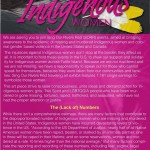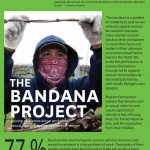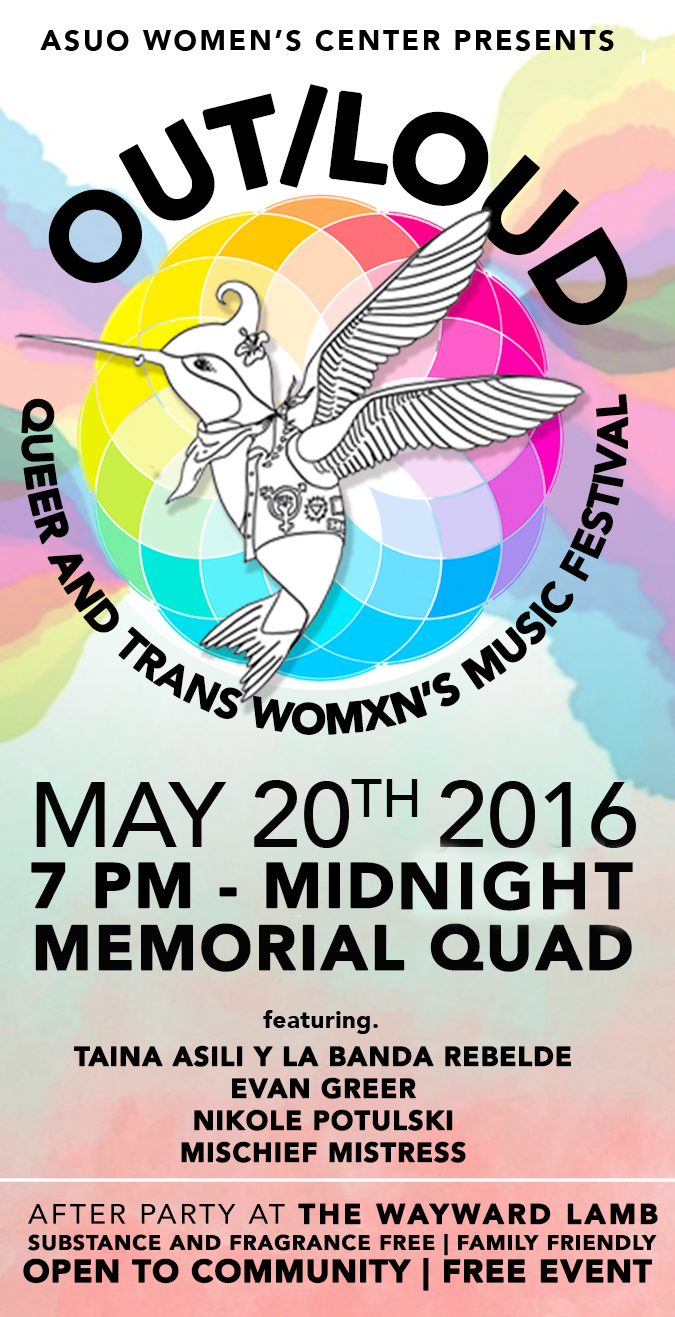
The Line Up:
Taína Asili is a Puerto Rican singer, songwriter and bandleader combining powerful vocals with an energetic fusion of Afro-Latin, reggae and rock. Residing in Albany, NY, Taína Asili performs her social justice songs as a solo artist, and also with her a six-piece band, Taína Asili y la Banda Rebelde, bringing love, resistance, and ancestral remembrance to venues, festivals, conferences and political events across the globe. During Taína Asili’s 20-year career of creating music for social change she has toured the country many times, toured Europe from Ireland to Germany, and has performed in Canada, Mexico, and Puerto Rico. Taína Asili has performed at many well-known festivals and venues, sharing the stage with renowned artists such as Talib Kweli, Ursula Rucker, Sonia Sanchez, Paula Cole, Pamela Means, and The Sierra Leone Refugee All-Stars. Taína Asili’s voice exudes strength of Spirit, filling its listeners with the fervor for freedom and inspiring audiences to dance to the rhythm of rebellion.
http://tainaasili.com/
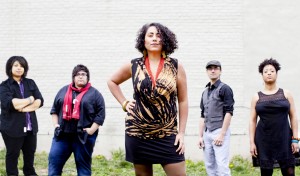
______________________________
Evan Greer is a trans/genderqueer activist singer/songwriter, parent, and organizer based in Boston. She writes and performs high-energy acoustic songs that inspire hope, build community, and incite resistance! Evan tours internationally as a musician and speaker, and facilitates interactive workshops to support movements for justice and liberation. Wielding an arsenal of fiercely radical songs that vary in style from pop-punk poetry to foot-stompin’ bluegrass singalongs. She’s currently the campaign director for Fight for the Future, the viral digital rights nonprofit. Evan writes regularly for The Guardian and Huffington Post, has been a guest on All Things Considered, and has been interviewed about her activism by the New York Times, Rolling Stone, TIME Magazine, NBC, the Wall Street Journal, CBS News, Democracy Now!, The Atlantic, CNN, Mother Jones, and even Fox News.
http://evangreer.org/index/
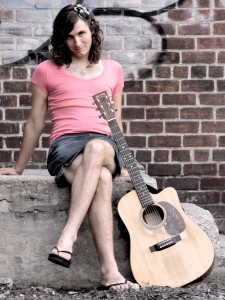
____________________________
When Nikole Potulsky starts to sing, the audience quiets into a focused attention that she deftly holds until she leaves the stage. With sincerity and ease, Nikole will take you to visit people you’ve never met and places you’ve never been. Strippers, fortune tellers, rural queer folks and fierce southern women. Strike lines, kitchen tables, house fires and deathbeds. Sometimes you can hear her Alabama drawl or her Great Lakes vowel shift. After a few tunes, you start to feel like you have been where she has been and you recognize yourself in her songs. Somehow by the end of the show, you feel like old friends. Nikole has performed on over 100 stages across the United States and is currently producing her debut album in Portland, Oregon.
http://www.nikolepotulsky.com/

______________________________
The Mischief Mistress Jane is a 23 year old musician from Eugene, OR. Queer & trans feminist, dirty punk, dedicated basement producer. Jane does it all, she does not need your help, only your ears!
http://mischiefmistressjane.bandcamp.com/
______________________________
Saffron is a Eugene based rock and grunge band. Formed in 2014 when Australian guitarist/singer Alex Jackson moved permanently to Oregon. Featuring Graham Thirkil on the bass and backing vocals and Matt Kaplowitz on drums. They have played frequent shows around the Eugene area and love to entertain with original compositions and solid grooves.
https://saffronband.bandcamp.com/releases
About OUT/Loud:
OUT/LOUD is Eugene’s queer and trans women’s music festival, celebrating the music, culture, and art of queer women, transwomen, non-binary folks, femme identifying people, and AFAB individuals. This year we will be celebrating our 16th anniversary of the festival on May 20th with a musically diverse crew of locals and out of town artists on the Queer and Trans spectrum and from many cultures and backgrounds. This event is important to the University of Oregon’s vibrant LGBTQ scene as a space where we are not only validating the work of some of some of the most underrepresented groups, but also engaging in liberating play and enjoying community. In the wake of political unrest around Mississippi’s and North Carolina’s homophobic and transphobic policies, and concerning the reality of female queer and transwomen artists being paid historically less than their cisgender and/or male/masculine counterparts, supporting events like OUT/LOUD is fundamental to helping queer and trans women safely express their personhood. While we must honor the struggles of queer and transwomen of all races, ethnicities, abilities, and ages, OUT/LOUD offers us the opportunity to also celebrate this resilient group.

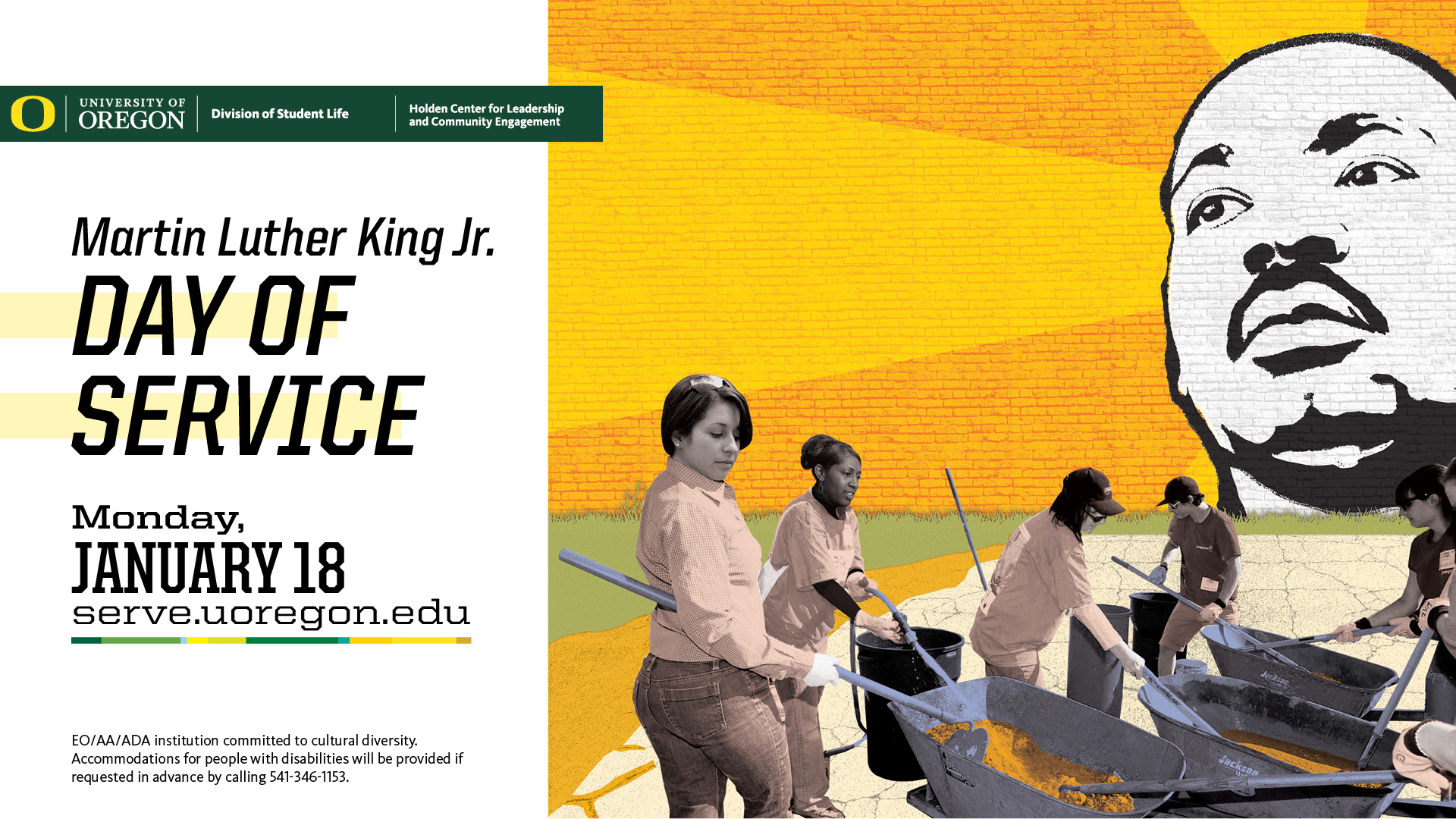






![Swim Hangout Spring 2015[1]](https://blogs.uoregon.edu/women/files/2015/04/Swim-Hangout-Spring-20151-10o3hhi-150x150.jpg)

